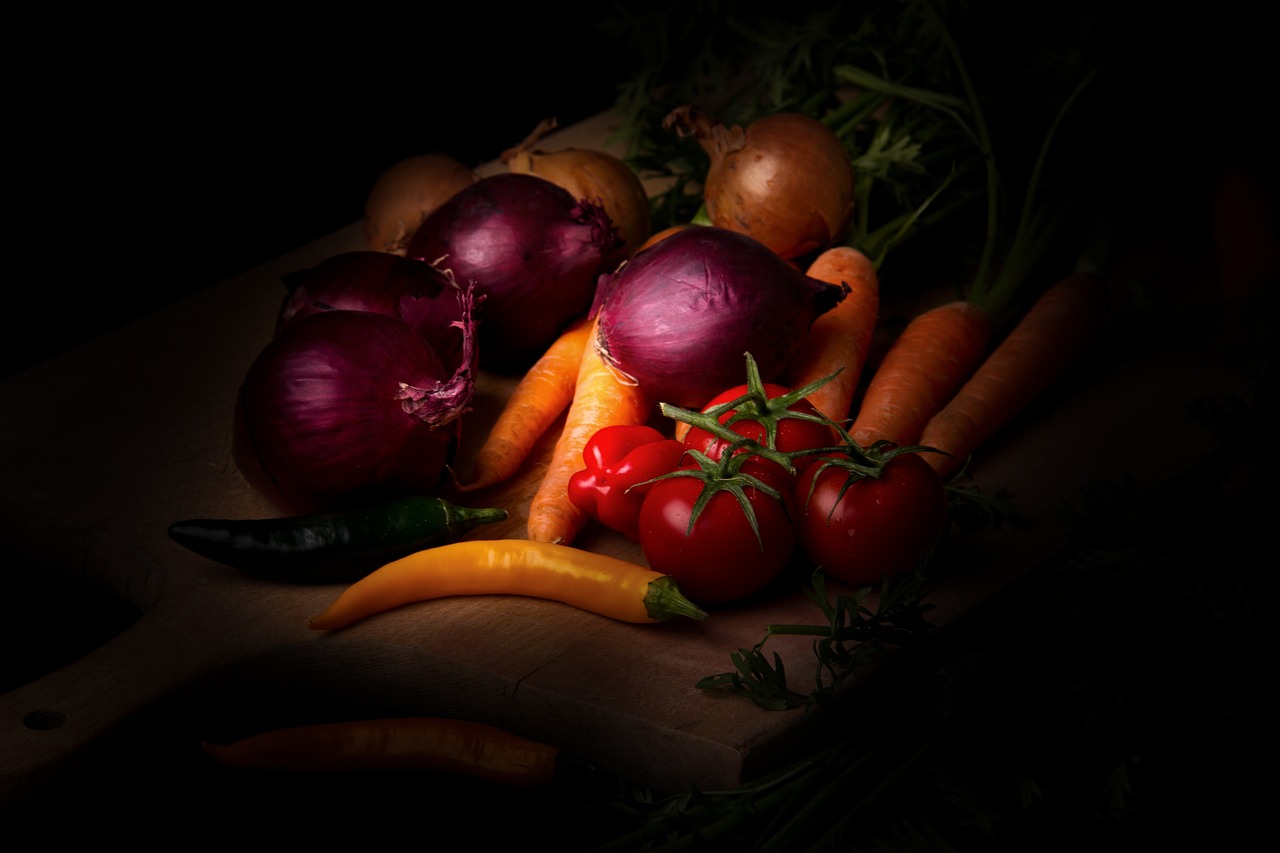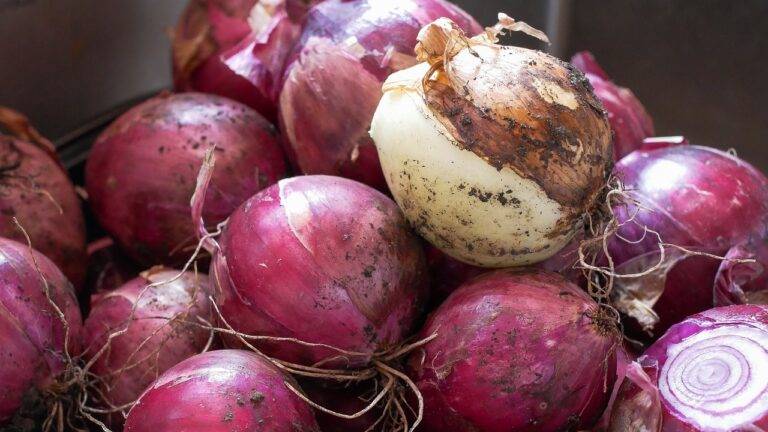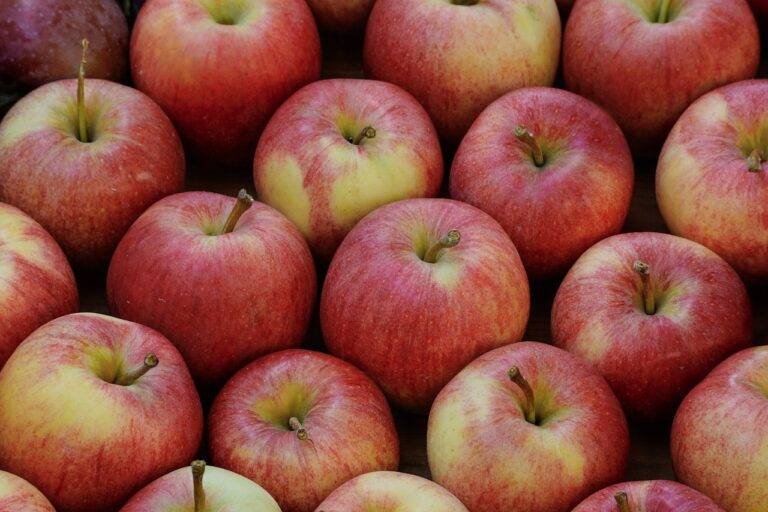Sustainable Farming Practices: Innovations for a Greener Future
Agroecology is a holistic approach to agriculture that aims to promote biodiversity by mimicking natural ecosystems. By integrating diverse crops, rotating plantings, and incorporating natural pest control methods, agroecology fosters a balanced and resilient agroecosystem. This not only benefits the environment by reducing the use of chemical inputs but also enhances the health of the soil, plants, and surrounding wildlife.
In agroecological systems, farmers work in harmony with nature, recognizing the interconnectedness of all living organisms. By fostering a biodiverse environment, agroecology helps to improve soil health, increase pollination rates, and enhance overall ecosystem resilience. Through practices such as intercropping, crop rotation, and agroforestry, farmers can create a sustainable and biodiverse landscape that supports a wide range of plant and animal species.
Utilizing Precision Agriculture for Resource Efficiency
Implementing precision agriculture techniques is crucial for maximizing resource efficiency in modern farming practices. By utilizing advanced technologies such as GPS, sensors, and drones, farmers can precisely manage irrigation, fertilization, and pest control. This targeted approach minimizes waste and helps farmers optimize their use of water, fertilizers, and pesticides, ultimately leading to cost savings and environmental benefits.
Precision agriculture also allows farmers to tailor their farming practices to specific conditions within their fields. Through the collection and analysis of data on soil moisture levels, crop health, and weather patterns, farmers can make informed decisions in real-time. This proactive management approach ensures that resources are used efficiently and effectively, leading to improved crop yields and sustainability in the long run.
What is precision agriculture?
Precision agriculture is a farming management concept that utilizes technology to optimize the use of resources such as water, fertilizers, and pesticides, resulting in improved efficiency and sustainability.
How does precision agriculture promote resource efficiency?
Precision agriculture uses data-driven tools like GPS, sensors, and drones to monitor and analyze crop conditions. This allows farmers to apply inputs like water and chemicals only where and when they are needed, reducing waste and improving resource efficiency.
What are some of the benefits of utilizing precision agriculture?
Some benefits of precision agriculture include increased crop yields, reduced environmental impact from fertilizer and pesticide use, and improved profitability for farmers. It also allows for better monitoring of field conditions and more precise decision-making.
How can precision agriculture promote biodiversity through agroecology?
By using precision agriculture techniques to optimize resource use, farmers can create healthier ecosystems that support a greater diversity of plant and animal species. This can help improve soil health, reduce pollution, and enhance overall biodiversity on the farm.
Are there any challenges or limitations to implementing precision agriculture?
Some challenges to implementing precision agriculture include the cost of technology and equipment, the need for training and technical expertise, and the potential for data privacy concerns. However, as technology continues to advance, these challenges are becoming more manageable for farmers.







